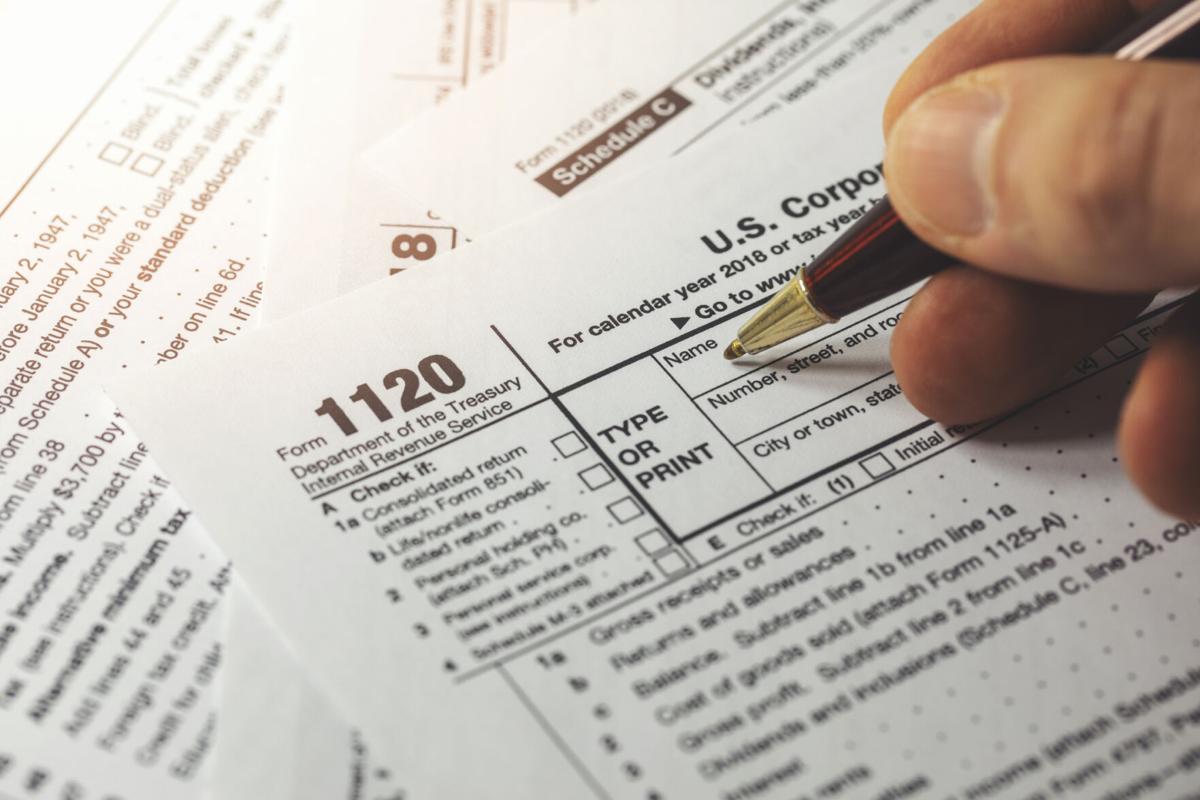Republican lawmakers are moving to reduce income tax rates for Arizona corporations by nearly half, a move legislative budget analysts say could cut state revenues by nearly $670 million a year.
The party-line vote Wednesday by the House Ways and Means Committee came over objections from all the Democrats on the panel who questioned both the wisdom and the need to take the tax rate from its current 4.9% to 2.5% by 2026. And that follows a series of cuts a decade ago that dropped the rate from nearly 7%.
“There are better places we can invest more than half a billion dollars than on corporate welfare,” said House Minority Leader Andres Cano.
“We could give our teachers a $10,000 raise, taking them from 44th in the nation to 19th,” the Tucson Democrat said. “We could send relief to Arizona renters and homeowners by quadrupling the state’s current investment in the Housing Trust Fund.”
But Rep. David Livingston, R-Peoria, the author of HB 2003, pointed out that even legislative budget staffers concede the estimates of lost revenues are “highly speculative.”
Some of that is because corporations have great flexibility in how and when they compute and pay their taxes.
In 2013, when the corporate rate was close to 7%, collections were $662 million. They hit $368 million when the rate reached 4.9% but rose to $847 million by 2021, even at the lower rate.
David Lujan, CEO of the Children’s Action Alliance, questioned the need for further corporate tax relief.
He cited figures from the state Department of Revenue that 79% of corporations pay only the $50 a year minimum state tax. That’s because many are able to reduce their reported profits because of various state tax credits, which the companies can bank for up to 12 years if they had no tax liability.
In fact, Lujan said, those corporations have more than $1 billion in “banked” credits they can use in future years, if they do have taxable income.
“We think a better economic strategy would be to focus on investing in our workforce,” he told lawmakers.
Lujan said many factors go into where companies choose to locate or expand, one of the biggest being the ability to find qualified workers.
“This bill, we believe, will make it even more difficult to invest in strengthening our workforce,” Lujan said. “It’ll make it more difficult to invest in higher education and job training and K-12 education.”
Livingston questioned that claim.
“We invested a record amount of dollars into K-12 last year and in the previous year,” he said. And Livingston said strong state revenues also allowed the state to pay down much of its debt, meaning more dollars are available for not just education but other needs like transportation.
But Rep. Seth Blattman, D-Mesa, said this is about more than just lost revenue for the state.
He pointed out that cities and towns receive 18% of individual and corporate income tax collections. And legislative budget staffers figure that by 2029 the combined loss to local communities will exceed $120 million.
Rep. Justin Heap, R-Mesa, however, said he was “skeptical” that cities would lose revenues.
“The cities that I have talked to in Arizona are competing to try to get these tech jobs,” he said. “They want these high-paying jobs because that increases revenue of the city, it brings in more money for their economies, and it helps them.”
Fox News reports that House Republicans will soon vote on the Fair Tax Act. The bill seeks to abolish the IRS and do away with national income tax, which would be replaced with a national consumption tax.





